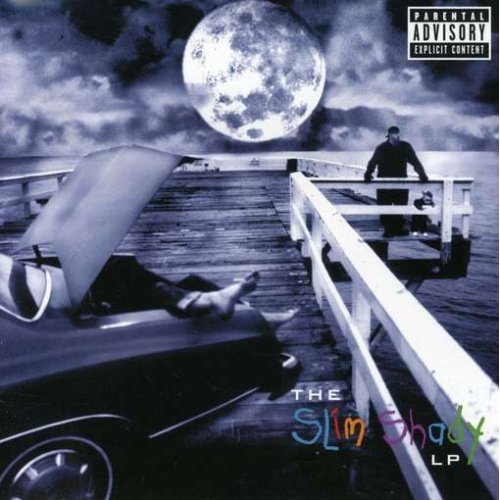The Case of Anthony Elonis: US Supreme Court to Decide on Social Media and Free Speech
- Victor Nzomo |
- December 1, 2014 |
- CIPIT Insights,
- Social Media and the Law
There’s one way to love you
but a thousand ways to kill you.
I’m not going to rest
until your body is a mess,
soaked in blood and dying from all the little cuts.
Hurry up and die, b—-,
so I can bust this nut all over your corpse from atop your shallow grave
(….)
Little Agent Lady stood so close
Took all the strength I had not to turn the b—-
ghost
Pull my knife, flick my wrist, and slit her throat
– Extracts from the facebook page of Anthony Elonis aka Tone Dougie
Anthony Elonis claimed he was only venting frustration when he posted a series of graphically violent rap lyrics on his facebook page about killing his estranged wife, shooting up a kindergarten class and attacking an FBI agent. Elonis aka Tone Dougie claimed he is an amateur rapper inspired by multi-Grammy Award winner Eminem/Slim Shady/Marshall Mathers and that his raps were “therapeutic efforts to address traumatic events” such as his wife leaving him and taking their children with her and his employer firing him.
However a jury did not agree with Elonis and convicted him of violating 18 U.S.C. § 875(c), which reads as follows:
“18 U.S. Code § 875 – Interstate communications
(c) Whoever transmits in interstate or foreign commerce any communication containing any threat to kidnap any person or any threat to injure the person of another, shall be fined under this title or imprisoned not more than five years, or both.”
The jury was instructed that it could convict Elonis if a reasonable reader would “objectively” interpret his Facebook posts as threats; even if Elonis subjectively never intended to make a threat or hurt anyone. Elonis was sentenced to 44 months of prison plus 3 years probation.
The 3rd Circuit Court of Appeals, looking at Elonis’ case, held that if a statement causes a reasonable person to fear for her safety, that’s a true threat.
The matter is now before the US Supreme Court, which will primarily consider whether a potentially threatening statement posted on social media should be interpreted “objectively” (what the reader/listener reasonably perceived) or “subjectively” (what the social media user meant to say) and the extent to which such speech is protected by the First Amendment of the US Constitution.
In Kenya, Article 33 of the Constitution guarantees the right to freedom of expression but the same has limitations and does not extend to propaganda for war, incitement to violence, hate speech or advocacy of hatred that constitutes ethnic incitement, vilification of others or incitement to cause hard; or is based on any ground of discrimination specified or contemplated under Article 24 of the Constitution. In this regard, it is important to note that Article 33(3) clearly states that in the exercise of the right to freedom of expression, every person shall respect the rights and reputation of others.
Kenya has several laws that criminalise the use of threatening, abusive or insulting words. One such law is the National Cohesion and Integration Act (NCI Act) of 2008. Section 13 of the NCI Act reads as follows:
“13. Hate speech
(1) A person who—
(a) uses threatening, abusive or insulting words or behaviour, or displays any written material;
(b) publishes or distributes written material;
(c) presents or directs the performance the public performance of a play;
(d) distributes, shows or plays, a recording of visual images; or
(e) provides, produces or directs a programme,
which is threatening, abusive or insulting or involves the use of threatening, abusive or insulting words or behavior commits an offence if such person intends thereby to stir up ethnic hatred, or having regard to all the circumstances, ethnic hatred is likely to be stirred up.
(2) Any person who commits an offence under this section shall be liable to a fine not exceeding one million shillings or to imprisonment for a term not exceeding three years or to both.”
The use of the word “or” in this provision is quite problematic. It suggests that either a subjective or an objective test may be used to determine whether or not published material amounts to hate speech.
However there is a Kenyan legislative example that supports Elonis’ case for a subjective approach namely the Prevention of Terrorism Act of 2012. Section 27 of the Act reads as follows:
“27. A person who publishes, distributes or otherwise avails information intending to directly or indirectly incite another person or a group of persons to carry out a terrorist act commits an offence and is liable, on conviction, to imprisonment for a term not exceeding thirty years.”
In this blogger’s view, the wording of 18 U.S. Code § 875 lends itself to an objective approach therefore it would be interesting to examine the reasoning of the US Supreme Court, if it decides to read in a subjective approach in the interpretation of what constitutes a threat contained in a social media publication.

